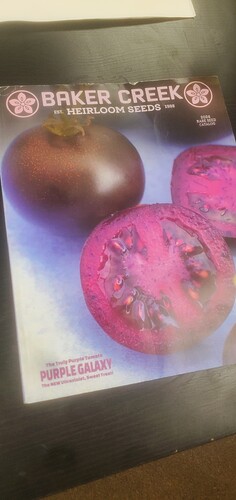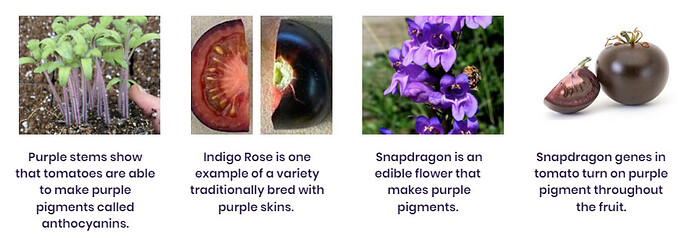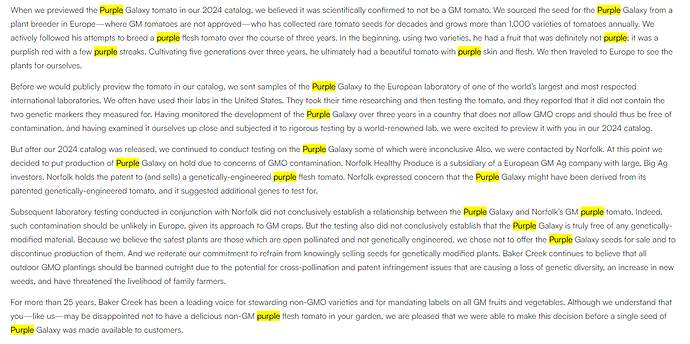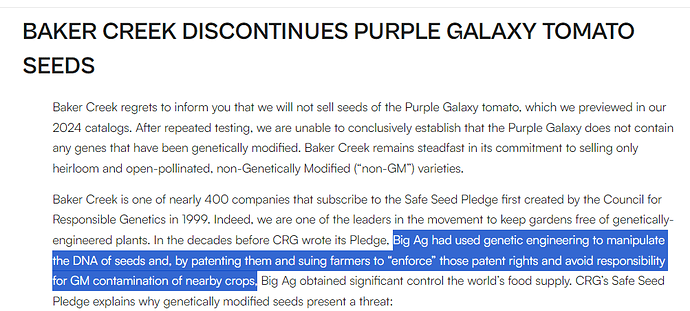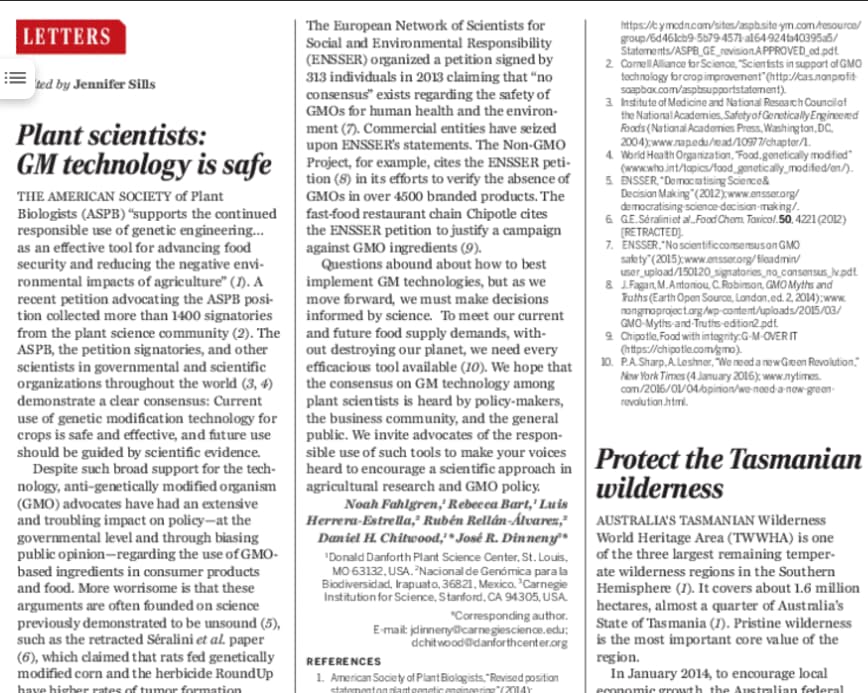Earlier in the Spring, I received this catalog with a ‘Purple Galaxy’ tomato from Baker Creek Seeds and I made a note to buy a packet this Spring to try out but other than that hadn’t thought about it.
Separately, I met with some scientists who work at Bayer (formerly Monsanto) in the vegetable seed R&D and product development division. I knew that none of the seeds in the official ‘Vegetables by Bayer’ product line were GMO - but when I asked about any other way to purchase GMO seeds as a consumer they pointed me towards the ‘Purple Tomato’ that had been developed by a company called ‘Norfolk Healthy Produce’ - which I bought a packet of to try out in the MV1.
After learning all of this, I was confused. From everything I understood about business - there was absolutely no reason why Norfolk Healthy Produce would spend 13 YEARS getting regulatory approval - if they could have used any other breeding technique to create a purple (healthier, anthocyanin rich) tomato - the alternative also didn’t make sense though, for Baker Creek to be selling a GMO. At that point, the answer became pretty obvious - trust science. Objectively, it seemed way more likely that Norfolk understood the science and used that to inform decisions about business than the other way around. So I bought my seeds from the Norfolk Healthy Produce website, not from Baker Creek, because at the very least I didn’t really believe it would be the same as a real ‘Purple Tomato’ seed (not cheap - $20 - $1/seed) - which would be purple all-throughout.
Well then, just this week, I saw this Press Release from Baker Creek about my Facebook - about how they will not be selling the ‘Purple Galaxy’ seeds anymore - because they somehow got ‘contaminated’ with GMO genes - oops ![]() .
.
As a former debator I have to acknowledge the accuracy of their statement - Monsanto used GMOs aggressively litigate small businesses (farmers, seed co-ops, seed catalogs, etc.) in a ruthless manner. I think they’re learning their lesson in court though now - not that I agree with the science on that either. The bottom line is that was a legal strategy problem that had nothign to do with the science of GMOs. If you have questions about whether GMOs are healthy, or whether biologists think they are potentially harmful to ecosystems, I encourage you to read this article about a petition signed by 1400 plant biologists that was published in ‘Science’ magzine.
IMHO:
Spreading misinformation about GMOs is not a good marketing strategy so we as the consumer shouldn’t support businesses that use that method - more importantly we should tell them why. It’s not a good look to be on the wrong side of science long-term and makes you just seem either greedy or at the very least out of touch with the problems that the next generation is going to have to deal with.
